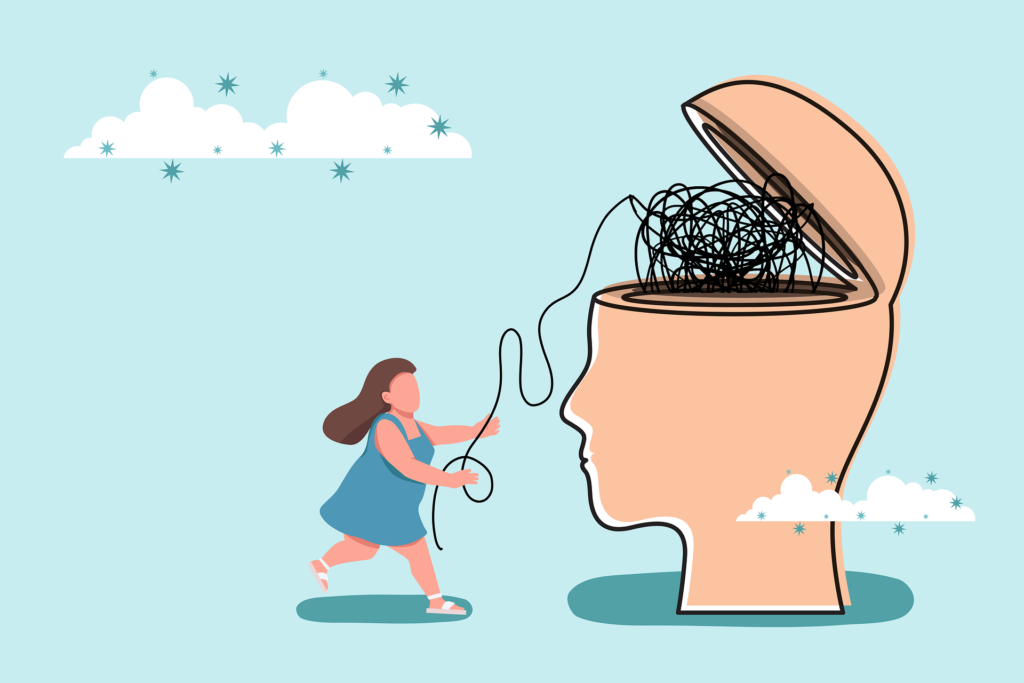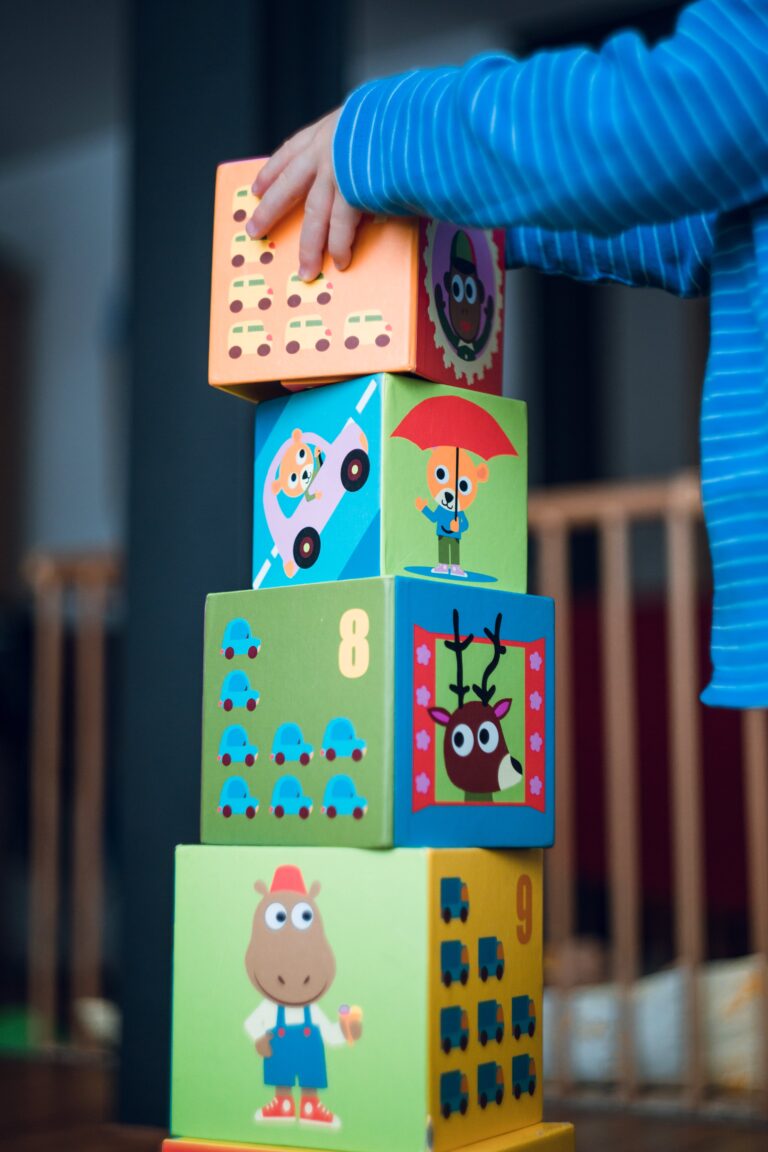Abhivritiprakash
psychotherapy & counseling clinic

Childhood and adolescence are critical stages of life for mental health. This is a time when rapid growth and development take place in the brain. Children and adolescents acquire cognitive and social-emotional skills that shape their future mental health and are important for assuming adult roles in society.
The quality of the environment where children and adolescents grow up shapes their well-being and development. Early negative experiences in homes, schools, or digital spaces, such as exposure to violence, the mental illness of a parent or other caregiver, bullying and poverty, increase the risk of mental illness.
Mental health conditions, such as childhood epilepsy, developmental disabilities, depression, anxiety and behavioural disorders, are major causes of illness and disability among young people. Worldwide, 10% of children and adolescents experience a mental disorder, but the majority of them do not seek help or receive care. Half of all mental health conditions start by 14 years of age. Suicide is the third leading cause of death in 15-19 year-olds. The consequences of not addressing mental health and psychosocial development for children and adolescents extend to adulthood and limit opportunities for leading fulfilling lives.
Attention-Deficit/Hyperactivity Disorder (ADHD): ADHD is characterized by persistent patterns of inattention, hyperactivity, and impulsivity. Children with ADHD may struggle with focus, organization, time management, and impulse control.
Anxiety Disorders: Anxiety disorders, such as generalized anxiety disorder, social anxiety disorder, and specific phobias, involve excessive worry, fear, or nervousness that can interfere with a child’s daily life.
Depressive Disorders: Depression in children and adolescents may manifest as persistent sadness, irritability, changes in sleep or appetite, loss of interest in previously enjoyed activities, and thoughts of self-harm or suicide.
Autism Spectrum Disorders (ASD): ASD is a developmental disorder that affects social communication and behavior. Children with ASD may have difficulties with social interactions, communication, and display repetitive behaviors or intense interests.
Oppositional Defiant Disorder (ODD): ODD is characterized by a persistent pattern of defiance, disobedience, and hostility toward authority figures. Children with ODD may have frequent temper outbursts, argue with adults, and engage in spiteful or vindictive behavior.
Conduct Disorder: Conduct disorder involves severe behavior problems, such as aggression, cruelty to animals, property destruction, and a disregard for rules and the rights of others. It can lead to significant social and legal consequences.
Post-Traumatic Stress Disorder (PTSD): PTSD can result from exposure to traumatic events, such as physical abuse, sexual assault, natural disasters, or witnessing violence. Symptoms may include flashbacks, nightmares, and severe anxiety.
Obsessive-Compulsive Disorder (OCD): OCD is characterized by intrusive, distressing thoughts (obsessions) and repetitive, ritualistic behaviors (compulsions) that a child feels compelled to perform.
Mood Disorders: In addition to depression, mood disorders can include bipolar disorder, characterized by mood swings between episodes of mania and depression.
Learning Disorders: Conditions such as dyslexia (reading difficulty), dyscalculia (math difficulties), and dysgraphia (writing difficulties) affect a child’s ability to learn and perform academically.
Substance Use Disorders: Adolescents may develop substance use disorders related to alcohol, drugs, or other substances, leading to addiction and significant impairment in their lives.
Specialization: Child psychologists focus exclusively on the mental health and well-being of children and adolescents. Their specialization allows them to provide specialized assessments, interventions, and therapies tailored to the developmental stages of young individuals.
Early Intervention: Early detection and intervention are crucial for addressing mental health issues and developmental disorders in children and adolescents. The best child psychologists well-equipped to identify and address these concerns promptly.
Tailored Approaches: Child psychologists use evidence-based therapeutic approaches that are specifically designed for children and adolescents. These approaches are age-appropriate and take into account the cognitive and emotional development of young individuals.
Support for Families: Child psychologists also work closely with parents and caregivers to provide guidance and support. They help families understand and navigate their child’s mental health needs and offer strategies for creating a supportive home environment.

Academic and Social Success: Child psychologists assist in improving academic performance, social skills, and emotional well-being, contributing to a child’s overall success and happiness in school and life.
Prevention: In addition to treating existing issues, child psychologists often focus on prevention by helping children develop essential life skills, coping mechanisms, and emotional resilience.
Safe and Supportive Environment: Child psychologists create a safe and child-friendly environment where young individuals can express their thoughts, feelings, and concerns without judgment.
Positive Outcomes: The best child psychologists are known for their effectiveness in helping children and adolescents overcome challenges, build self-esteem, and develop the skills needed to lead happy and productive lives.